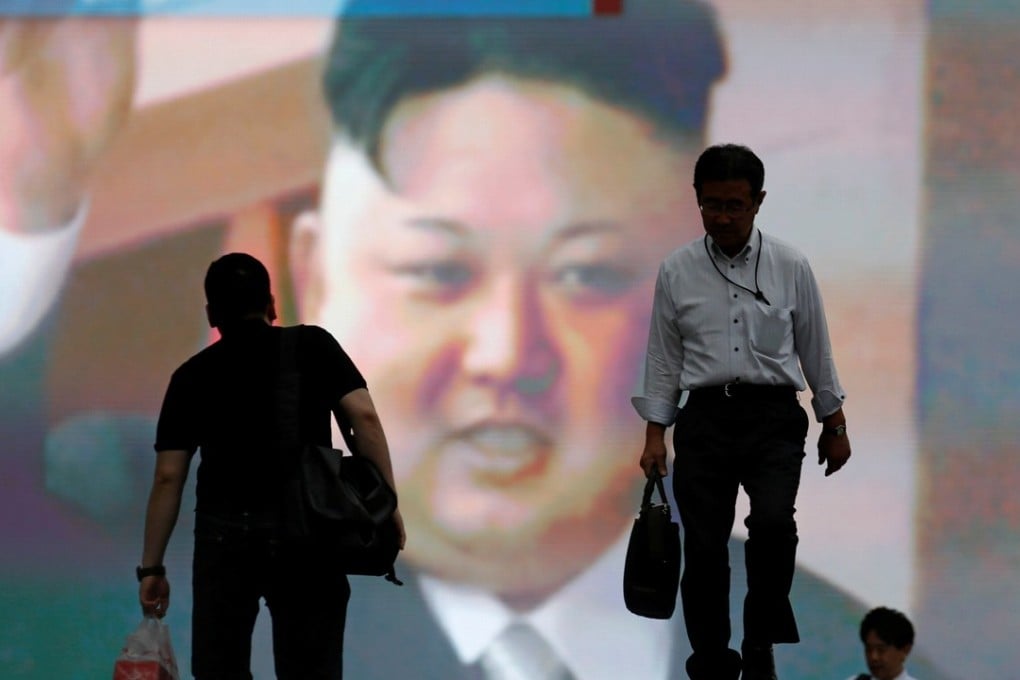Hand-wringing over North Korea only benefits Kim Jong-un
John Barry Kotch says with the US, South Korea and China no closer to an effective plan to stop Pyongyang’s missile programme, it’s time to revive the inter-Korean agreements that will provide the best chance for peace

Trump calls Xi as tensions escalate over Taiwan, North Korea
One Chinese academic labelled the move “a stab in the back”, since Beijing has been cooperating closely with Washington in opposing the North Korean weapons programme, while fully complying with UN Security Council sanctions imposed on the North.
Watch: Donald Trump and Moon Jae-in threaten ‘stern response’ to North Korea
At the US-South Korean summit, Trump trumpeted that “the policy of strategic patience is over” in dealing with the North Korean “menace”, but without indicating what would replace it other than broader and more intrusive sanctions or increasing shows of force.
Trump and Moon emphasised cordiality and the historic importance of the Korean-American alliance in underpinning South Korean security. Not having settled on his own strategy to replace Barack Obama’s “strategic patience”, the president appeared prepared to cut Moon some slack in approaching the North.
Still, Moon has less room to manoeuvre compared with former South Korean president Kim Dae-jung two decades ago, given the North Korean strides in weapons of mass destruction and missile development in the interim.
At the same time, Moon can be forgiven for feeling trapped by the deployment of the THAAD anti-missile system, having suspended further deployment in deference to China while fending off pressure from the US to make the remaining batteries operational.
And, as with China, Trump muddied the waters by intermingling economic and trade issues dividing the two allies with more weighty security matters in dealing with North Korea, thereby detracting from the primary focus of the summit. In particular, he has labelled the US-Korea free trade agreement “a bad deal” for US companies and workers, and something that would have to be revised, leaving Moon in a double bind.
